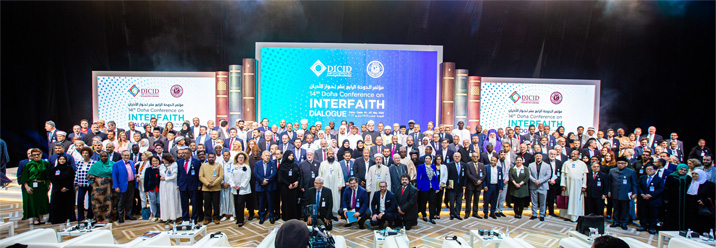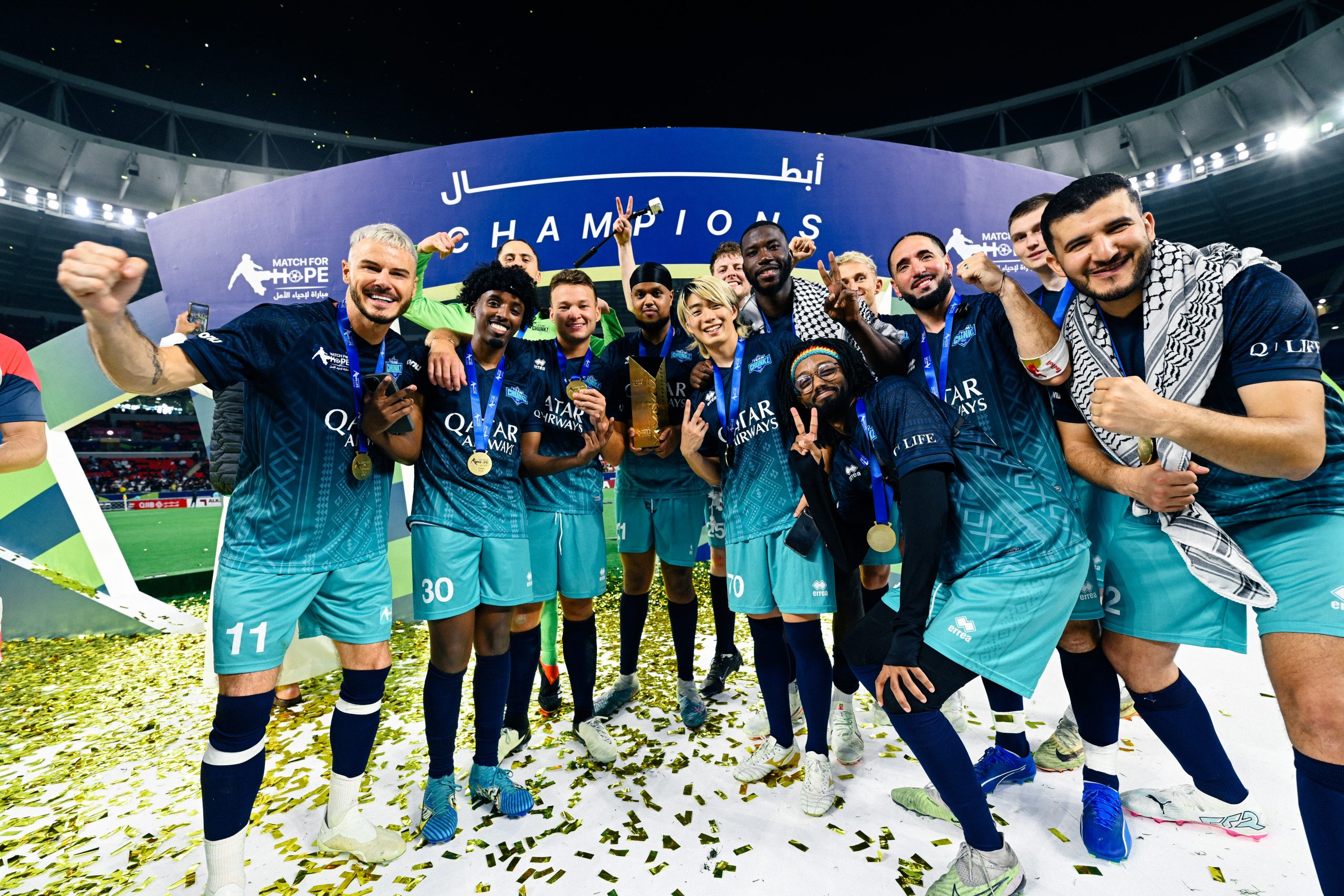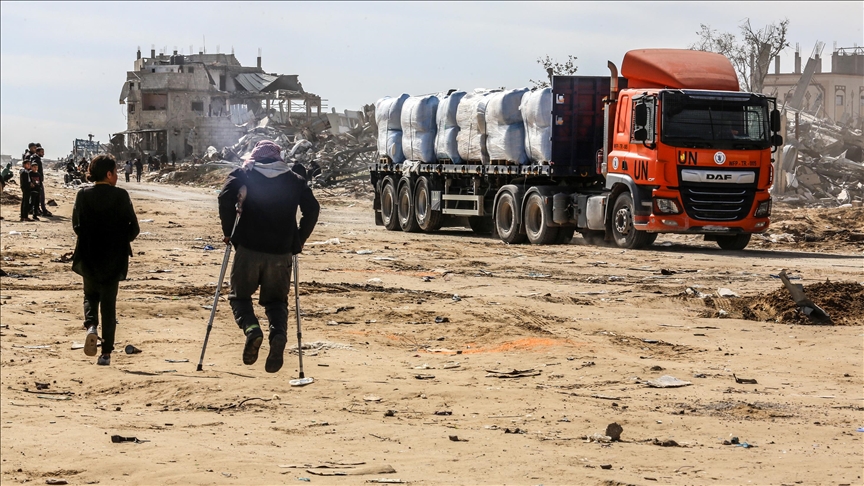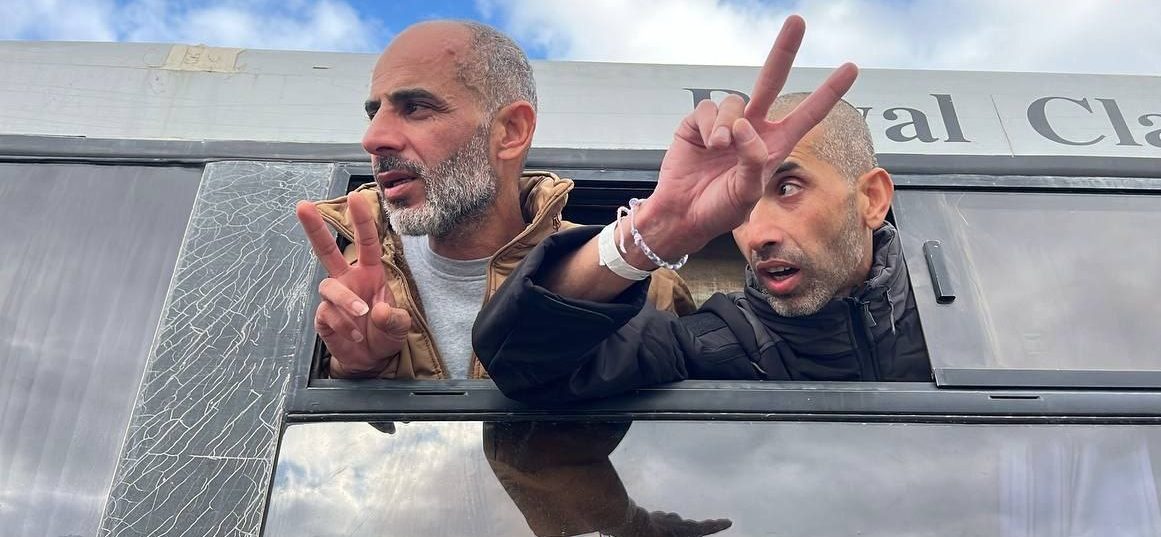The upcoming Doha Conference on Interfaith Dialogue will delve into the religious perspective on family structures amid a changing world, featuring discussions on familial rights, contributions to societal growth, and the preservation of traditional values.
The upcoming Doha Conference on Interfaith Dialogue is poised to explore the concept of the family from a religious perspective against the backdrop of a rapidly changing world from May 7 to 8.
Hosted by the Doha International Center for Interfaith Dialogue (DICID), in collaboration with the national Permanent Committee for Organising Conferences as well as the Ministry of Education and Higher Education, and under the patronage of Sheikh Mohammed bin Abdulrahman Al Thani, Qatar’s Prime Minister and Foreign Minister, the conference will take place at the Sheraton Hotel.
The world’s distinguished researchers, scholars and experts in the study of religions will converge in Doha to explore this year’s theme: ‘Family Structure in Light of Changing World: Religious Perspective.’ Throughout the conference, they will address a range of topics, including the rights, statuses and obligations within familial relationships.
The discourses will also touch upon how an empowered and healthy family can contribute to a nation’s growth.
Also at the forefront of this year’s conference is the preservation of religious family traditions and values. Topics such as how to support the state, faith-based organisations and civil institutions to protect the family unit will also take centre stage during the conference’s seminars.
In a statement, Ibrahim bin Saleh Al Nuaimi, the chairperson of the DICID’s board of directors, highlighted the international renown of the bi-annual conference.
“This conference… attracts over 300 participants from around 70 countries, in addition to attendees from within Qatar. It serves as a recurring intellectual forum for scholars, religious representatives, academics and heads of interfaith dialogue centres from across the globe,” Al Nuiami said.
War and the family
One of the key discussions slated for the conference will focus on the impacts of war and conflict on the family unit.
In Gaza alone, since October 7, the Gaza Ministry of Health reports that Israel’s indiscriminate war has killed at least 34,683 people in the enclave and injured 78,018 more.
The violent occupier’s bombardment has also induced a food and water insecurity crisis. Coupled with crippling the enclave’s health sector, Save the Children said in a news release that “all this is causing anxiety and stress in children and families to skyrocket.”
“Even before 7 October, children in Gaza were living with exceptionally poor mental health due to cyclical escalations of violence, the impacts of the blockade including restrictions on freedom of movement and access to essential services, economic collapse, and separation from family and friends,” the news release added.
Meanwhile, Sudan’s innocent are also being affected by a conflict that has now surpassed one year.
In April 2023, fighting broke out between the Sudanese Armed Forces (SAF) and the paramilitary Rapid Support Forces (RSF) over who would lead the East African nation’s democratic transition. This has since forcibly internally and externally displaced at least 8,762,233 people.
In light of the importance of peaceful dialogue between different factions, Al Nuaimi highlighted Qatar’s mediatory efforts in international conflicts.
“Qatar, with its wise leadership, is a pioneer in all important humanitarian issues. It is a country always seeking peace and harmony among its citizens and residents on its land, as well as global peace.”
He added: “Qatar’s positive role in all humanitarian issues and mediation for conflict resolution, not only in terms of dialogue between religions, civilizations, but also cultures, makes it globally positioned and one of the most influential countries in such issues.”







